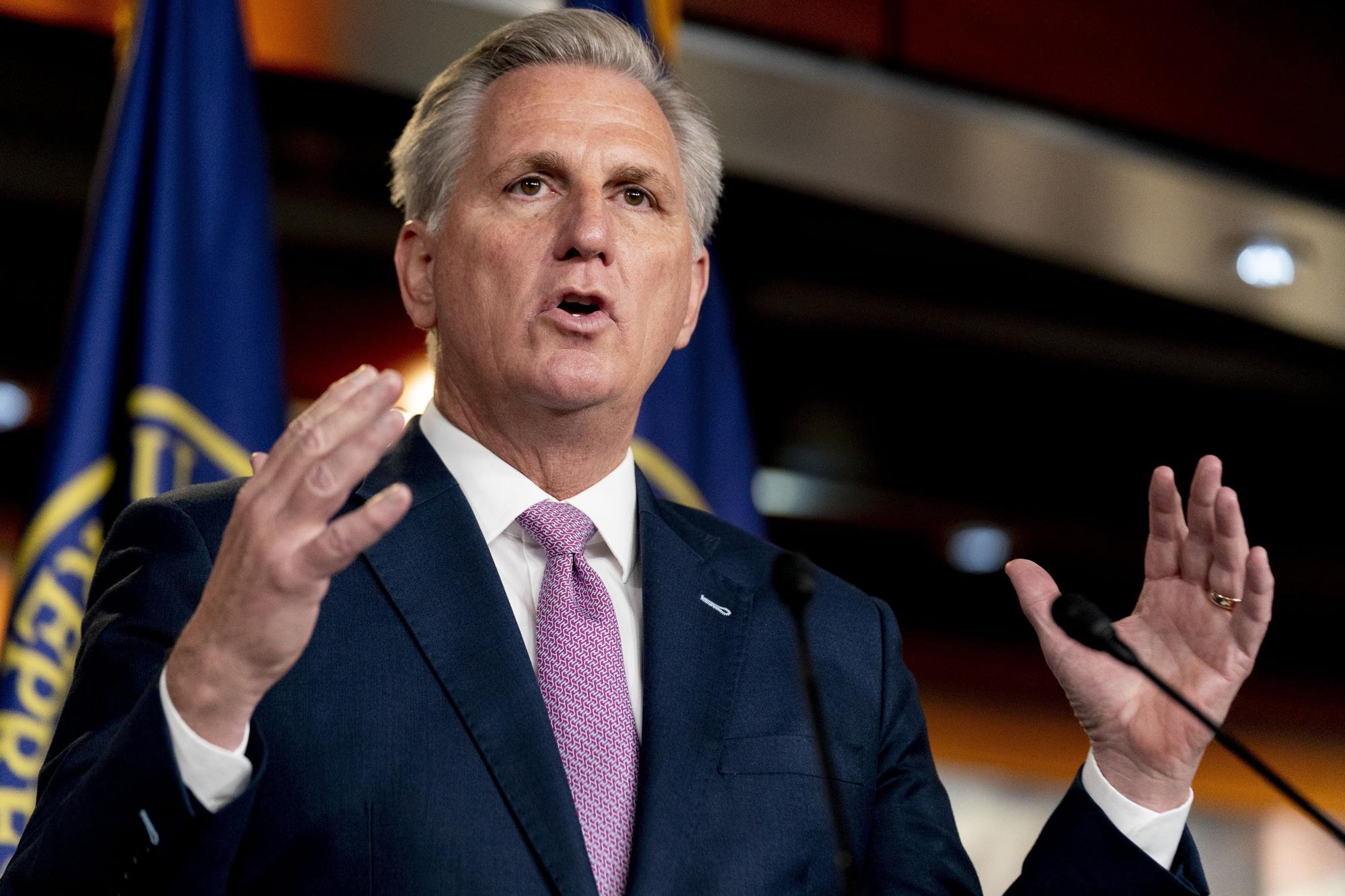Kevin McCarthy's Race for Speaker of the House
2023 has started off setting records and creating notable moments in the United States government, as the House has spent days attempting to nominate a new Speaker of the House. After last year’s re-elections for the House of Representatives, the House now has a Republican majority. The Republican party nominated Kevin McCarthy, the House minority leader and party leader, to be the new Speaker. However, after 11 rounds of voting for the Speaker position, McCarthy still had not reached the 218 votes needed. This poses a problem because, until the position is filled, the House can neither begin the next session of Congress nor swear in any of the newly elected members, meaning no bills can be introduced or passed.
McCarthy’s fight for Speaker was considered the “longest House race in 164 years.” The entirety of the Democratic party’s representatives showed support for Hakeem Jeffries as the next Speaker, while the Republican party was split on who they wanted to elect. The latter party not only went back and forth on electing McCarthy but also were split on other nominations. In fact, twenty Republican representatives chose to support Rep. Byron Donalds, some voted for Rep. Kevin Hern in the past three rounds, and Rep. Matt Gaetz even nominated former President Donald Trump in the 7th and 8th rounds of voting. After a notable 14th round of voting, McCarthy was the closest he had been to achieving the necessary votes. However, Rep. Gaetz decided to not vote for McCarthy despite publicly making comments as though he would vote for him: “I am excited and encouraged, I am grateful that speaker designate McCarthy has been so receptive to each and every change that we have demanded.”
The race for Speaker ended this past Saturday. After four days and 14 unsuccessful votes, Rep. Kevin McCarthy has been voted in as the new Speaker of the House on the 15th vote with 216 votes out of 428. He was able to reach a majority and win after several Republican members voted “present,” which meant that their votes would not be counted in the total or as a vote for either of the sides. McCarthy won in the end after agreeing to conditions set by some of the representatives: voting on appropriations bills one by one rather than as one bill which includes all of the different sectors, limiting discretionary spending, allowing the diminishment of government employees’ salaries, and more. Some of the Republican party expressed frustrations regarding these concessions he made in worries that it would make it more difficult to achieve their goals in the future.
By Hasita Yalamanchili

